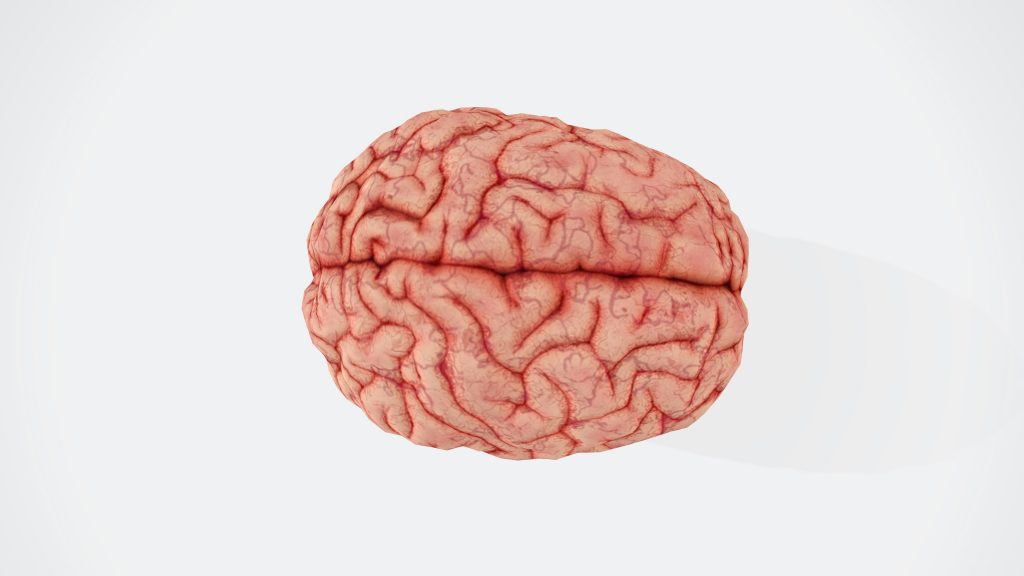
Traumatic events can change how your brain works, leaving you feeling broken and disconnected as though your mind and body are no longer in sync. How can you tell when this is happening to you?
Have you ever had a traumatic experience, but when you talk about it, it feels like you’re telling someone else’s story? You can explain the details of who was there, what happened, what time it was, but you don’t feel any emotion. In my clinic, it’s typical for clients to say something like “I know I should feel something, but I just don’t. Am I cold and heartless?”
Or you may find yourself crying uncontrollably or having a panic attack, but you don’t know why. You may experience intense emotional reactions to minor triggers and this can feel disproportionate to what is actually happening. In my clinic, it’s typical for clients to say something like “Why am I so emotional? I don’t understand why I can’t stop feeling so anxious, and it’s exhausting.”
We often disconnect from painful emotions and bodily sensations in order to survive and our brain plays a key role in this process.
When you feel numbness or disconnection, your body doesn’t feel like it’s yours – it’s almost like you’re floating above it. Maybe you’re in a yoga class, and the instructor asks you to focus on your breathing or feel your feet on the ground, but you can’t. In my clinic, it’s typical for clients to say something like “I feel like I’m watching myself go through life, but I’m not really there.”
When we don’t feel present it leads to struggling to identify physical sensations like hunger, pain, or fatigue, feeling “checked out” during intimate or emotional moments and avoiding movement because it feels foreign or uncomfortable.
When you feel disconnected from yourself, it is often because the thinking, feeling, sensing, and action-oriented parts of your brain are not able to effectively communicate with one another.
As a result, these areas of your brain begin to function independently of each other. Maybe you can’t stop overthinking, but feel emotionally numb. Or perhaps you feel very emotional, but can’t think clearly. This is because trauma impacts the left and right hemispheres of your brain and how they work together.
It is also the reason why a traumatised person typically struggles to sit still and tune into their sensations during a mindfulness or meditation class, or to lie down for long periods of time in a relaxation class.
How the Left and Right Brain Work
Your brain has two hemispheres that specialise in different tasks:
Left Side: This side of your brain is logical and orderly. It loves lists, language, facts, problem-solving, and putting events into sequence. It helps you make sense of your experiences.
Right Side: This side of your brain is emotional and sensory. It’s where your feelings, creativity, and intuition come alive.
The two sides communicate through a structure called the corpus callosum, like a bridge connecting two islands. This connection is vital because it allows you to think clearly while feeling deeply. But after trauma, this communication can break down.
What Trauma Does to Your Brain
When you experience trauma, the bridge between your brain’s hemispheres becomes less efficient. This makes it hard for the two sides to “talk” to each other.
As a result your left brain might take over, leaving you stuck in logic, and unable to feel emotions. You might intellectually understand your trauma but feel emotionally numb, as if the emotions are locked away in a box.
Or your right brain might flood you with emotions, making it impossible to think straight. You might be overwhelmed with emotions like fear, sadness, or anger but not know why, leaving you feeling out of control.
When both hemispheres are out of sync, your brain is stuck in survival mode. You may experience this as living in a constant state of hypervigilance. You can’t relax, you notice every noise, your mind is racing and you startle easily even though it’s a safe environment.
Trauma can paralyse the communication between your hemispheres, leaving you feeling stuck or frozen. So you find that you procrastinate, because even the smallest decisions feel impossible.
When your brain’s hemispheres aren’t communicating, it can feel impossible to truly connect with others. You pretend to be okay and smile and nod, but inside, you feel empty and distant. You avoid deep conversations because they feel too vulnerable, push loved ones away or “check out” emotionally during conflicts.
This is how trauma disrupts the flow between your brain’s hemispheres, making you feel disconnected. This imbalance can leave you feeling broken, but it’s important to know: you’re not broken – your brain is simply responding to what it’s been through. It’s just your brain’s way of trying to protect you.
The Key to Healing: Brain Integration
These examples show how trauma impacts your brain and body, but they also highlight your brain’s incredible ability to adapt and protect you. The disconnect you feel is your brain’s way of trying to keep you safe – it’s not a flaw or weakness.
Healing from trauma involves rebuilding that bridge between your left and right brain so they work together again. When they’re working together, your logical mind can make sense of your emotions and your emotional mind feels heard and understood, and you begin to feel whole.
You Can Heal
With techniques like bilateral stimulation (the process of alternately stimulating the left and right sides of your brain) and Polyvagal trauma-informed therapy, you can rebuild that connection and start to feel like yourself again. Bilateral stimulation repairs the bridge between your two brain hemispheres and helps them to reconnect. This makes it easier for you to process thoughts and feelings together.
How Bilateral Stimulation Helps
Trauma may have changed how your brain works, but healing is possible. As your brain integrates, you can reconnect with yourself and feel more balanced and in control.
You’ll notice a better ability to handle emotions without feeling overwhelmed, gain clarity about your experiences and feel calm and connected to yourself and your body again.
I am here to guide and support you whenever you’re ready. Reach out today and take the first step toward reclaiming your sense of self. Email: carolinekingtherapy@yahoo.com

